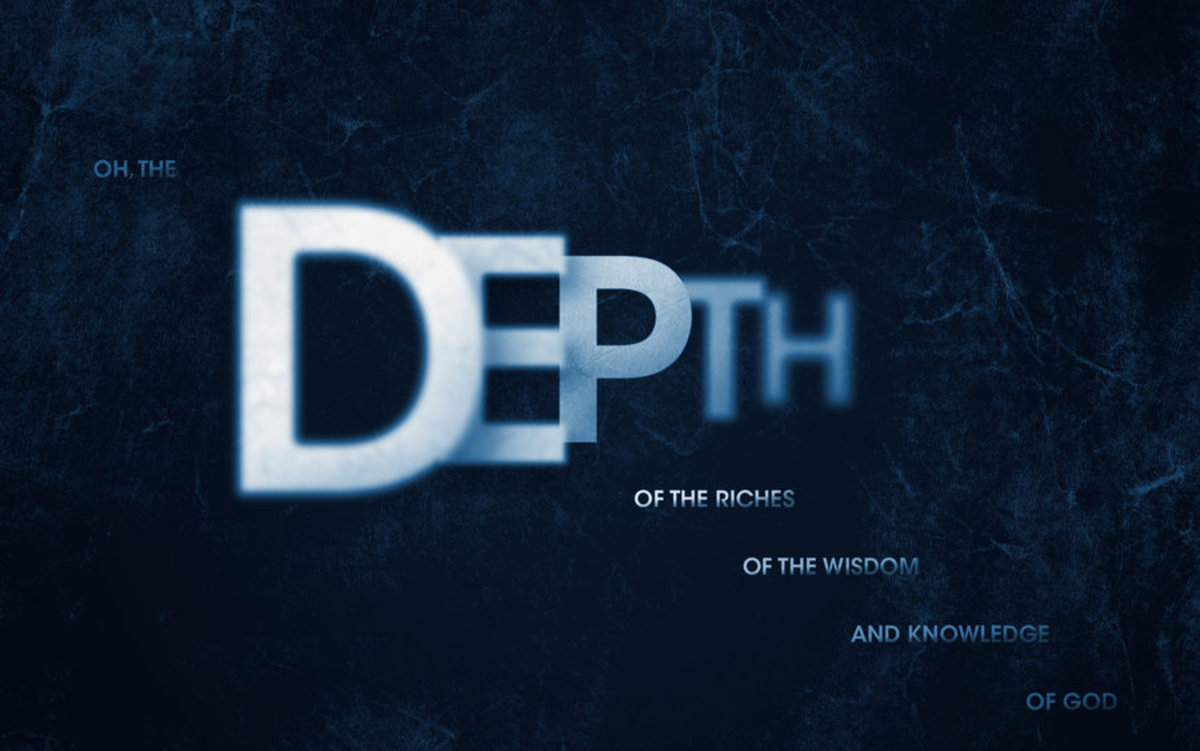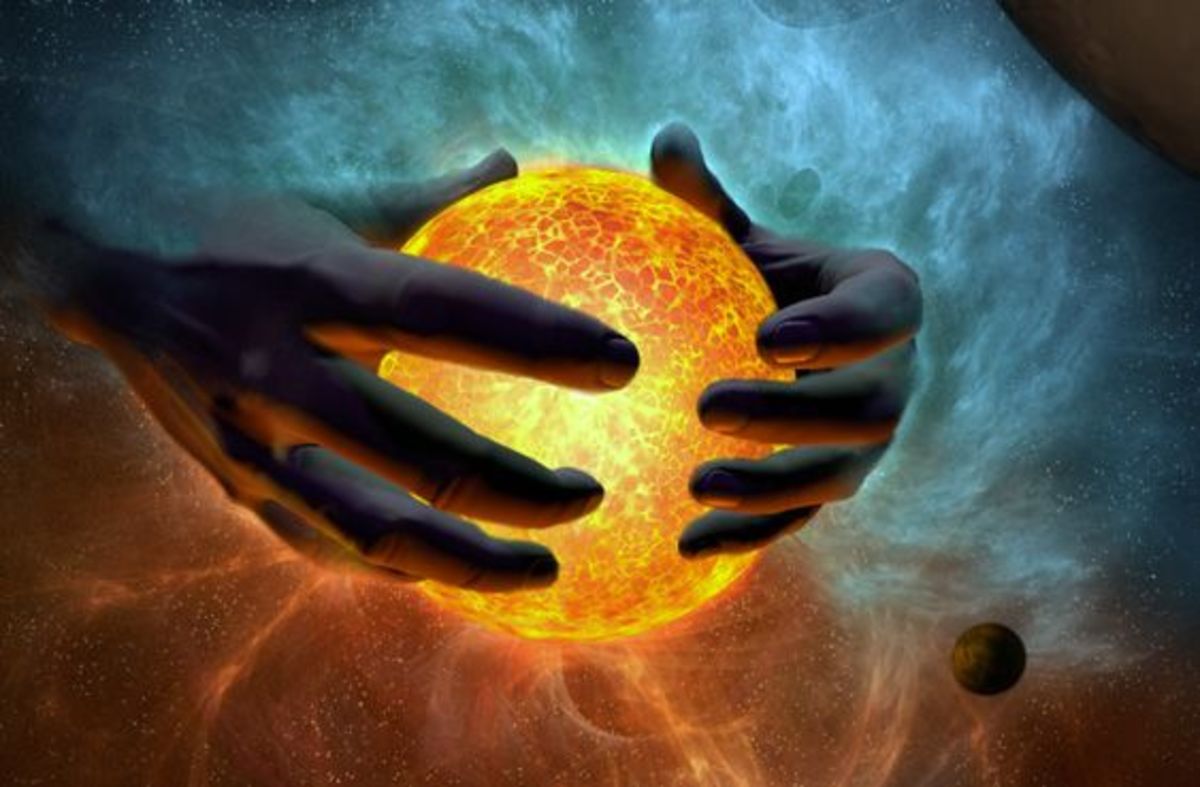The Nature of the Universe, and Where We're Heading
The Question to End All Questions
Since humanity first looked up at the stars in wonder, we have asked the question: why? What is life, and on a grander scale, what is this thing we call the universe? Across the millenia, our ancestors have spent entire lifetimes seeking answers to these questions. Yet, despite all the insights our collective had gleaned throughout the ages, we are still questioning the nature of existence today.
A Real Brain Buster
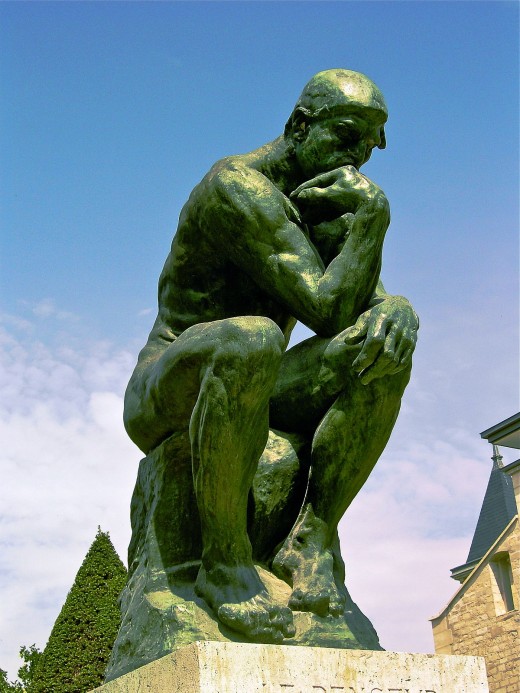
The Truth About Truth
It may not be possible to know the truth, from an epistemological standpoint. Some of us have taken introduction courses to philosophy where we question if this is all a simulation. Some of us have probably heard someone say it is impossible to know the true nature of God; a reflection of the quandary of a finite mind contemplating the infinite. Certainly, from a logical standpoint, the idea of having an absolute model of reality is impossible. Kurt Gödel’s Incompleteness Theorem states just that: as long as a model of reality is logically consistent, it can never be completed.
But this does not mean we cannot know anything. Certainly, we can determine certain things as truth. For instance, at the absolute least, we must know we exist: cognito ergo sum. From there, we can look inwards and discern truths about our nature. If we look deep enough, we can see the fractal nature of our being. Everything about our consciousness is built from modular pieces. We can see this in many ways. For example, when we are waking up or falling asleep, we can perceive parts of our minds not working as they normally would. Or, we can measure how different foods affect our consciousness differently. While in deep meditation, we can focus on individual parts of our being. A well-practiced meditator can even delve deeper to perceive the elements that compose those pieces.
Fractals Are Everywhere
"Everything is complex patterns built on less complex patterns."
The Universe is Reflected in Each of Us
If we take this knowledge and apply it to what we know about the universe through scientific endeavors, we can see the same patterns playing out. Everything is complex patterns built on less complex patterns. Life exists as an extension of cells, which are an extension of molecules, which are an extension of atoms, and so on. This overarching pattern continues as turtles all the way down.
This implies that we are a reflection of the universe, or perhaps vice versa. Regardless of the cause and effect relationship, we can see that the universe and us are a unified extension of each other. Whatever the nature of reality, we must contain some truth about it's form, as we are built from the same laws which govern everything.
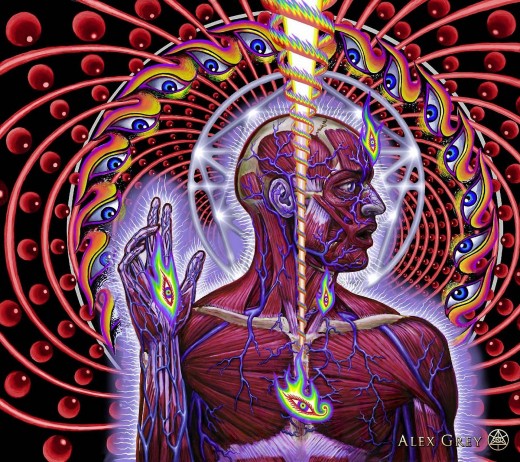
Forward Thinking
"This leads to an interesting thought: if everything is built from something else, what are we building?"
The Evolution of Humanity
This leads to an interesting thought: if everything is built from something else, what are we building? To answer this question, let’s take a look at the human brain. It is made of neurons which create connections with other neurons. Each of these neurons acts as a node in a communication network; transmitting, receiving, modifying, and storing information. Understanding this, let’s take a look at civilization. Our societies are ultimately built from individual people, which connect with other people to form things like families, businesses, and governments. Each one of us acts as a node in a communication network. We can all transmit, receive, modify, and store information in much the same form the brain does, but in a more complex way.
Again, another fractal pattern! But what does it mean? Across our history, humanity has grown from small, nomadic tribes to a global network comprised of billions. This is not all that has grown. As our collective super-brain has evolved through the generations, one resource has been continuously growing: knowledge. It is our generated knowledge that has given us the ability to radically alter the planet, and ourselves with it. Simply take a look at one aspect of our lives which has evolved with us: how we communicate. There was a time when all communication was done with our voices and simple hand gestures. Across the ages, alternate means of communicating developed, offering different strengths and weaknesses. Writing, the printing press, telegrams, telephones, televisions, and the internet is a simple list showing this evolution.
Most of those improvements have manifested in the recent past. Like our population numbers, our technology is growing exponentially. Looking into the future, there are a handful of technologies which seem inevitable. Brain-to-brain communication (functional telepathy), artificial intelligence, and offworld colonization are a few that are particularly interesting, given our collectives brain-like nature. As we spread across the universe, we will grow increasingly connected to one another. All knowledge will be accessible instantly, and our ability to transform the universe will dwarf our current limitations.
Nodal Networks Making More Complex Nodal Networks

The Universal Omega Point
On a long enough timeline, this form of expansion will lead to us creating titanic, planet-sized computers hosting unimaginable artificial intelligences. Each of these will be able to directly communicate with anyone and everyone in our collective. Following this form of expansion further, it is inevitable that we will consume the cosmos until all definable resources are part of a singular mind.
What comes after that? No one can know for certain, but we can take what we know from ourselves and our observations and theorize. What does a theoretically omniscient and omnipotent super-mind do in an otherwise empty void? Is that the end of time: the functional Omega Point? Does it create more universe to play with? Does it look back and recreate the minds of the past? If so, what does it create when the possibilities are endless? What are your thoughts and opinions?
Thoughts of the Infinite
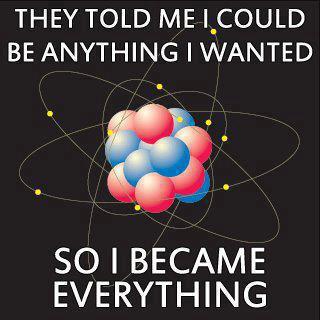
As the Author...
Personally, I find this understanding of the cosmos comforting. It takes the functionality of a purely mechanical model of reality while simultaneously removing the existential concerns voiced by many of the scientifically minded people of the world. It gives a sense of being part of something greater than the self, while also raising humanity to the center stage. It's a way of looking at things that reminds me to focus on the moment, as I am a piece of a divine clock, and I can do my part by centering myself in Love.
The more we Love, the more connected we become. The more connected we are, the better we act as a collective. The better we act as a collective, the more likely we are to solve the problems we currently face, and can enter a brighter future as One.





